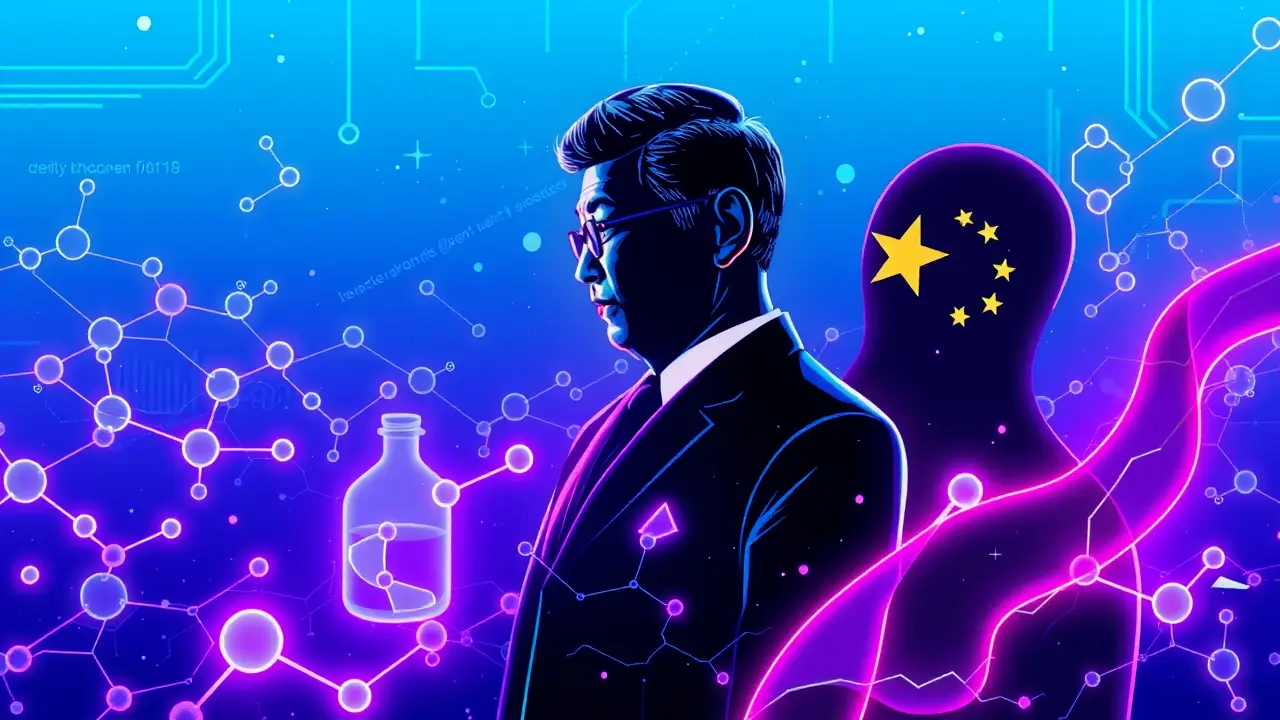
Politicssanctions & tradeEconomic Sanctions
China Tightens Export Controls on Fentanyl Precursors to North America
RO
Robert Hayes
8 hours ago7 min read3 comments
In a measured diplomatic maneuver following the recent summit between US President Joe Biden and Chinese President Xi Jinping in South Korea, Beijing has formally escalated its regulatory oversight of fentanyl precursor chemicals destined for North American markets. The Ministry of Commerce’s Monday announcement signifies a strategic adjustment to its controlled substances catalogue, now mandating export licenses for a specified list of 13 chemical compounds bound for the United States, Canada, and Mexico.This policy shift, while presented as a cooperative international public health measure, carries the distinct weight of geopolitical statecraft, reminiscent of historical uses of trade policy as a lever in bilateral negotiations. For years, the United States has levied intense pressure on China, accusing its chemical manufacturers of being the primary source of the precursor materials that fuel the devastating opioid crisis devastating American communities.The US Drug Enforcement Administration has consistently documented how Chinese-sourced precursors are often trafficked through complex international shipping routes, frequently involving Mexican cartels who synthesize the final, deadly fentanyl product. From an analytical perspective, this move by Beijing can be interpreted through multiple lenses: it is a tangible deliverable from the summit, offering the Biden administration a demonstrable win in a critical domestic policy area, while simultaneously allowing China to position itself as a responsible global actor.However, seasoned observers of Sino-American relations will note the calculated nature of this concession. By formally integrating these controls into its export apparatus, China not only gains goodwill but also establishes a new, formalized point of control—a potential future bargaining chip.The precedent here echoes other domains of strategic competition, where technical regulations become instruments of foreign policy. The long-term efficacy of these controls remains an open question; the global chemical industry is notoriously agile, and non-compliant manufacturers may simply shift operations or alter chemical structures to create new, unregulated analogues. Nevertheless, this development marks a significant, if cautious, step in a fraught bilateral relationship, demonstrating that even amidst fierce competition over technology and Taiwan, pragmatic cooperation on transnational issues, when aligned with mutual interest, is still a viable currency in the great game of international diplomacy.
#China
#fentanyl
#precursors
#export controls
#United States
#Canada
#Mexico
#diplomacy
#regulation
#featured
Stay Informed. Act Smarter.
Get weekly highlights, major headlines, and expert insights — then put your knowledge to work in our live prediction markets.
© 2025 Outpoll Service LTD. All rights reserved.